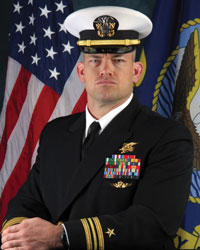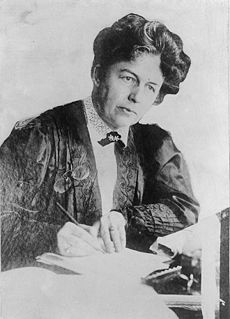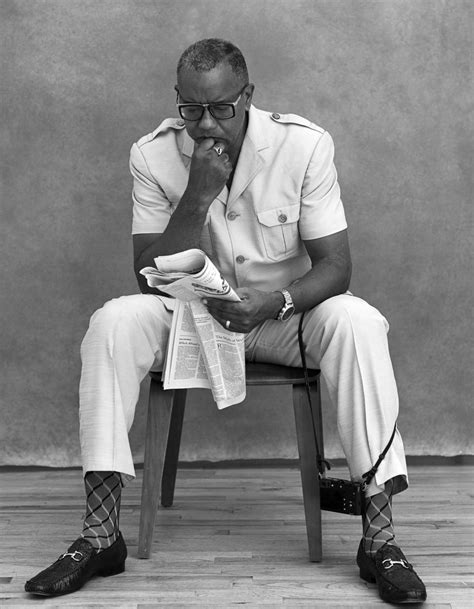A Quote by Thomas Jefferson
It is for the benefit of mankind to mitigate the horrors of war as much as possible.
Related Quotes
If it's stress of things that we cannot control, what you have to do is you mitigate that stress as much as possible. You've planned, you've trained, you've done everything you can in your power to mitigate the stress that's facing you. And then after that, there's nothing you can do. So, you have to let that one go.
My opposition to war was not because of the horrors of war, not because war demands that the race offer up its very best in their full vigor, not because war means economic bankruptcy, domination of races by famine and disease, but because war is so completely ineffective, so stupid. It settles nothing.
What is the possible benefit? Can this material save lives? Can it improve the quality of life in Iraq? Can it tend to shape our perceptions of how war should and should not be conducted? Can it shape our perceptions of who should be conducting war and in what manner? And the answer to that is a clear yes.































